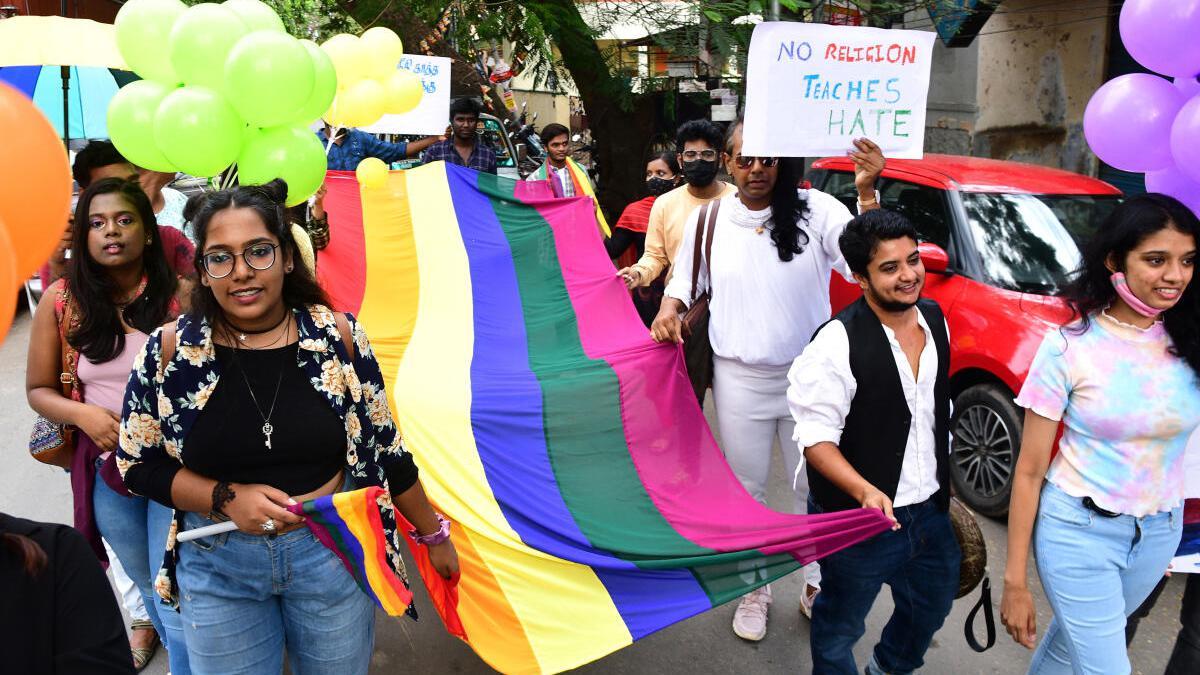
Why not have a consolidated policy for entire LGBTQIA+ community in Tamil Nadu, Madras High Court asks govt.
The Hindu
Madras High Court questions Tamil Nadu government's separate LGBTQIA+ policies, emphasizes need for consolidated approach.
The Madras High Court on Monday wanted to know why the Tamil Nadu government cannot have a consolidated policy for the entire lesbian, gay, bisexual, transgender, queer, intersex, asexual and others (LGBTQIA+) community than contemplating to notify two different policies - one for the transgender and intersex persons alone and another for the rest.
Justice N. Anand Venkatesh said the policies should not get mired in litigation thereby frustrating the efforts taken by the court in the last four years to persuade the government to come up with a such a policy. When an expert committee had recommended a composite policy, he wanted to know why the government had carved out a separate policy for the transgender and intersex persons.
The questions were raised after Additional Public Prosecutor (APP) R. Muniyapparaj submitted that the finalisation of the policy for the transgender and intersex persons was at a crucial stage. The APP said the draft policy would be circulated to various government departments shortly and after receiving their inputs, it would be placed before the Council of Ministers for approval.
After the Cabinet approval, the final policy would be notified in the government gazette, he said. However, the judge felt that the government’s decision to have two separate policies for people belonging to the same community might cause some confusion. Hence, he directed the State government to place the draft policy for the transgender and intersex persons before the court on February 17.
Such draft policy could be subjected to wider deliberations by circulating it to various stakeholders before the court to find out whether a composite policy itself could provide reservations in education and public employment for the transgender persons, the judge said. Further, their inputs would help in formulating an effective policy before the State could make it operational, he added.
Justice Venkatesh directed the Social Welfare and Women Empowerment department to also submit a note listing out the difficulties in notifying a consolidated policy for the entire LGBTQIA+ community.
The judge also directed the National Medical Commission to explain why the 2002 regulations could not be amended to declare conversion therapy as a professional misconduct. The direction was issued after it was submitted on behalf of NMC that it had planned to incorporate conversion therapy as a professional misconduct in the 2023 regulations but the latter were kept in abeyance.













